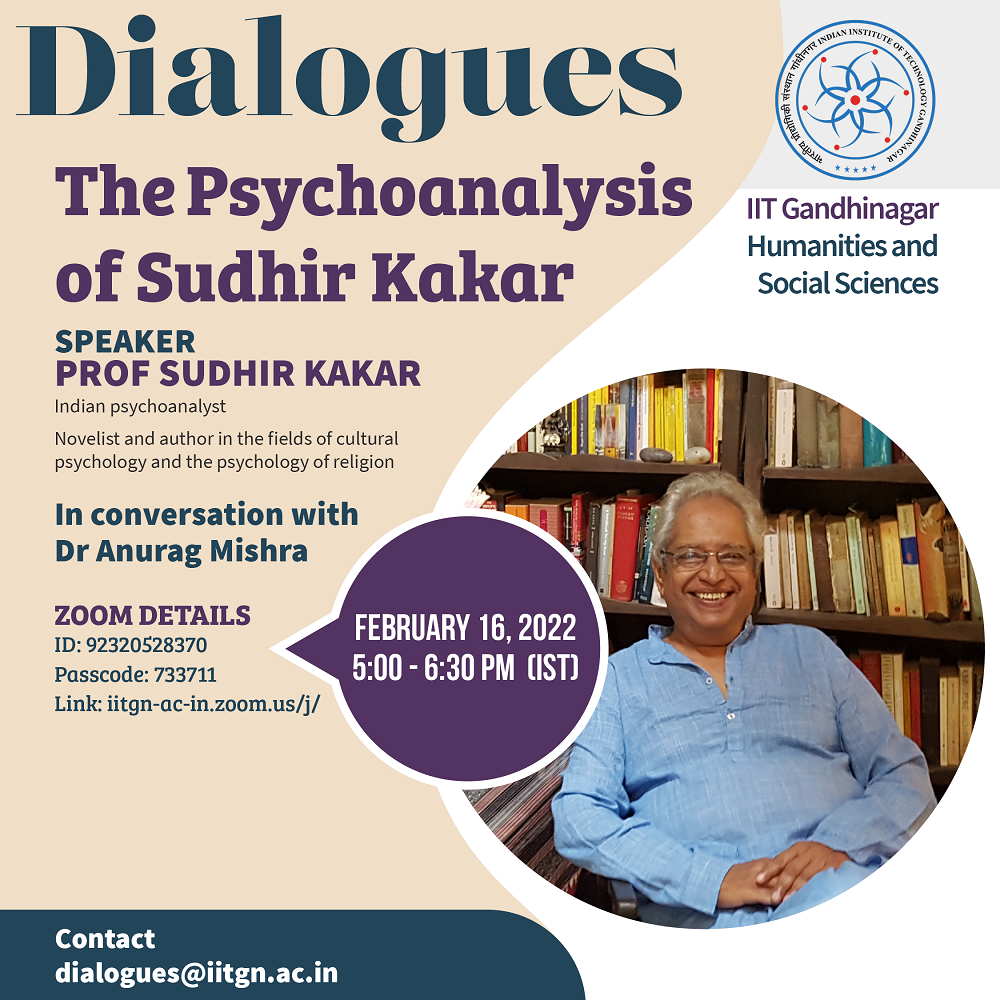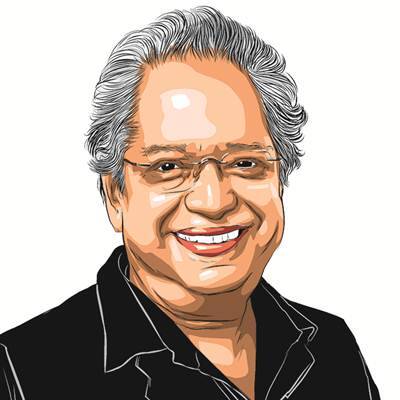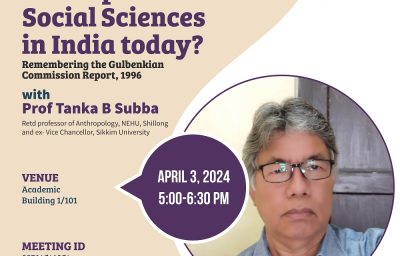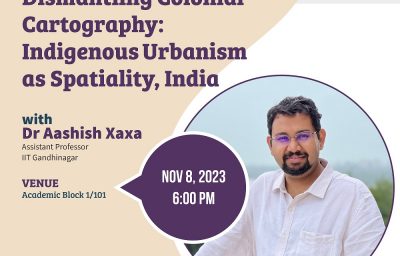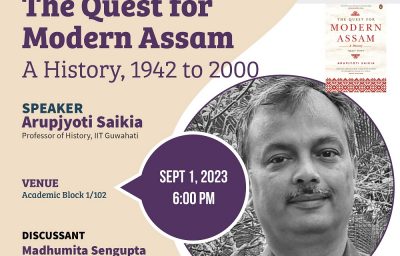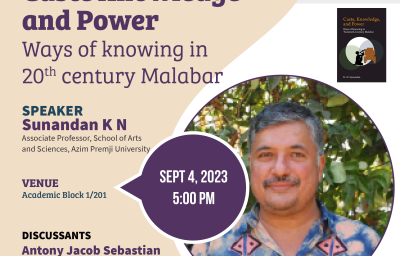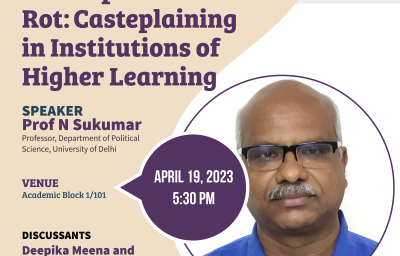Speaker Bio:
Sudhir Kakar is a psychoanalyst, novelist and scholar in the fields of cultural psychology and psychology of religion. He has been a Lecturer at Harvard, Research Fellow at Harvard Business School, Professor at IIM, Ahmedabad, Head of Department of Humanities and Social Sciences at IIT, Delhi, Visiting Professor at Chicago (1989-93), McGill, Melbourne, Hawaii, Vienna, Harvard, INSEAD, France (1994-2013), and a Fellow at the Institutes of Advanced Study, Princeton (1983-84), Berlin (1994-95) and Cologne (2011-14). His many honours include the Bhabha, Nehru and ICSSR National Fellowships, Kardiner Award of Columbia University, Boyer Prize of the American Anthropological Association, Tagore-Merck Award, Lotte Koehler Prize for Psychoanalytic Developmental, Cultural and Social Psychology, Germany’s Goethe Medal, Distinguished Service Award of Indo-American Psychiatric Association and the Order of Merit of the Federal Republic of Germany. As the ‘psychoanalyst of civilizations’, the French weekly Le Nouvel Observateur listed Kakar in 2006 as one of the world’s 25 major thinkers.
Kakar is the author/editor of twenty-three books of non-fiction and seven of fiction. The Mind in the World: Collected Papers of Sudhir Kakar, 4 volumes (Culture and Society, Psychoanalysis, Biography, Religion) will be published in Spring 2022 by Oxford University Press. His books have been translated into twenty-two languages around the world. He lives in Goa.
Abstract:
In an era of psychological universalism Prof. Sudhir Kakar has produce and meticulously aged a fine psychoanalytical wine from the Indian terroir. He writes, “I believe that the traditional Indian view of the person who is open, porous and connected to all of existence is an intangible human heritage that needs to be preserved and defended against those adherents of the modern model who would not brook the existence of a competing model of the person.” Visualizing the unconscious as an engine that runs on parallel tracks of desire and the divine he writes, “Empathy, and the meditative state that underlies it, may well be the sluice through which the spiritual enters the consulting room, where the art and science of psychoanalysis flow together in the practice of psychotherapy.” Kakar’s writings over the last five decades have illuminated the rainbow of passion, creativity, mysticism, empathy and compassion aching and arching between desire and the divine. His bringing Compassionate Knowing and Being centre stage is not only of metapsychological interest but is important for the praxis of Psychoanalysis wherever one may be situated.
